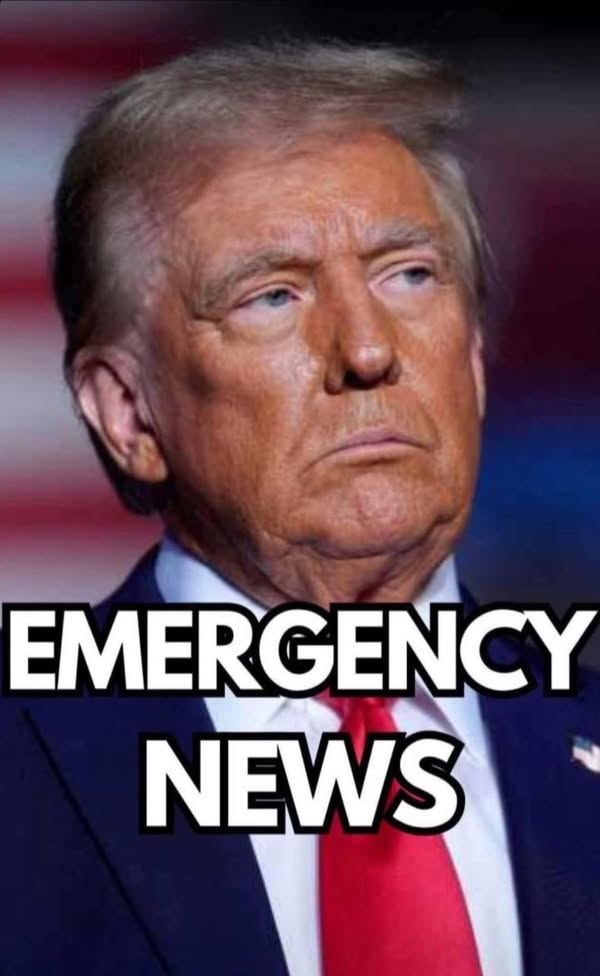Legal experts emphasize that while hate speech and incitement to violence are not protected, peaceful political expression — including demonstrations and activism — are central to U.S. constitutional values. Some lawyers argue that using immigration laws to address political expression could set a troubling precedent for academic freedom and student rights.
A few high-profile cases have already drawn public attention. One international graduate student at a major U.S. university was detained after participating in a protest related to Middle East policy, despite having no criminal record. Another student faced deportation proceedings that were later paused by a federal judge, who questioned whether the government’s actions violated free-speech protections.Supporters of the executive order, including several Jewish community organizations, view it as a necessary step to protect students from hate-based harassment. They argue that many universities have struggled to address incidents targeting Jewish students and that stronger enforcement measures are overdue.
Meanwhile, university administrators and student advisors are working to interpret the policy’s implications. Many international students are now uncertain about what forms of activism or social-media engagement might put their visa status at risk. Some institutions have begun offering legal guidance to help students understand their rights.
The administration maintains that the policy aims to strike a balance between combating antisemitism and upholding free expression. Critics, however, caution that the new rules may discourage participation in campus discussions or demonstrations, particularly among foreign students who already face complex immigration requirements.
As of now, the order remains active, though multiple legal challenges are underway. Courts are expected to clarify the boundaries of enforcement in the coming months.
What’s clear is that the debate reaches far beyond campus grounds. It raises fundamental questions about how the U.S. defines free speech, protects minority communities, and applies immigration law in the context of political activism. The outcome may influence both higher education and civil-rights policy for years to come.
